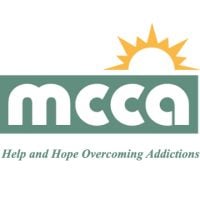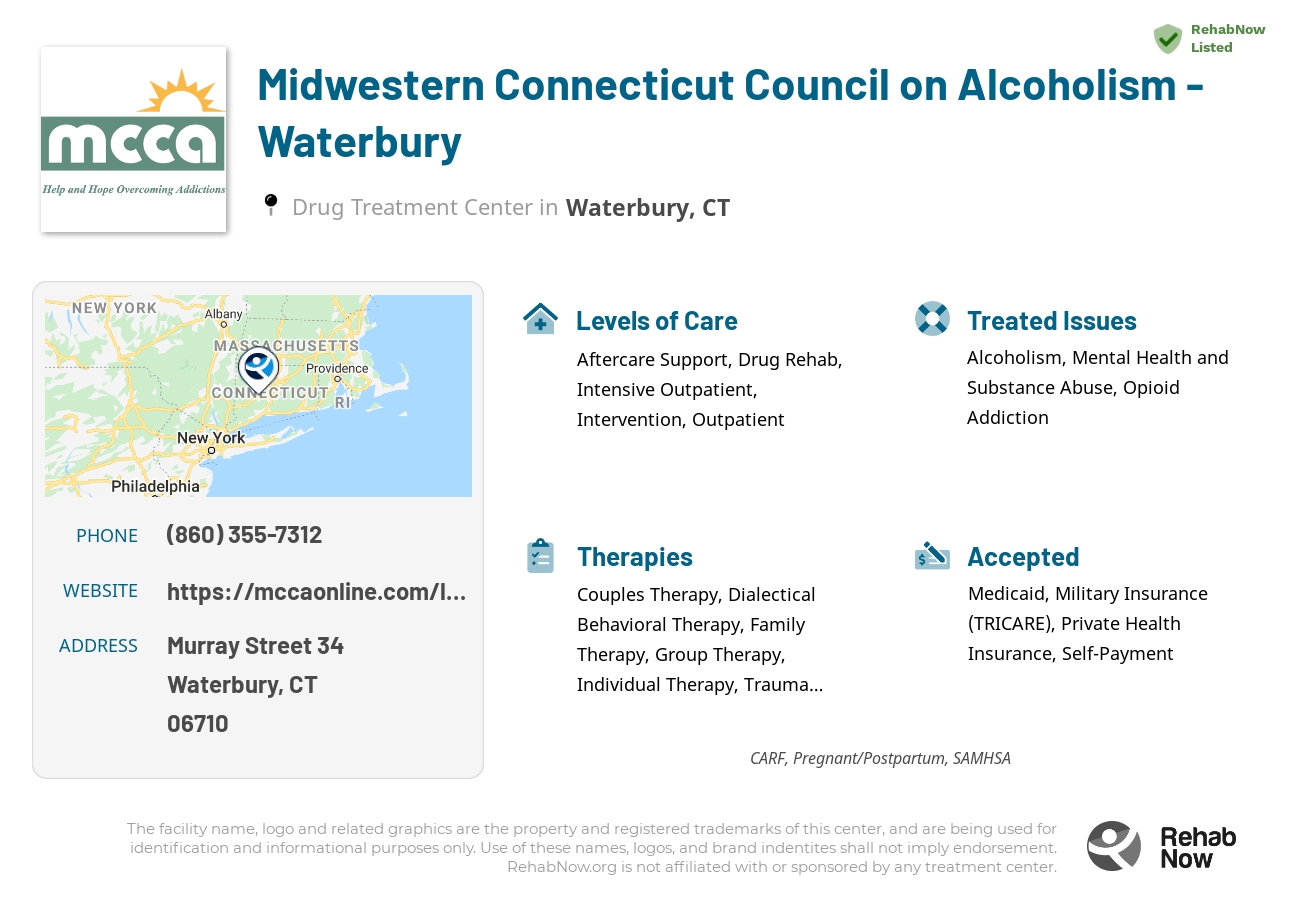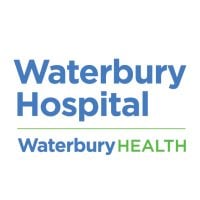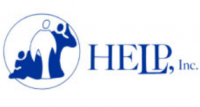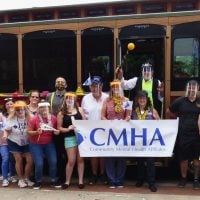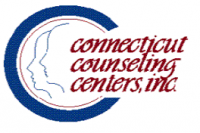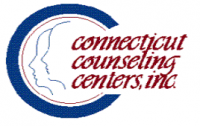Midwestern Connecticut Council on Alcoholism - Waterbury
Drug Rehab Center in Waterbury, Connecticut
Midwestern Connecticut Council on Alcoholism - Waterbury is an addiction treatment facility located in Waterbury, CT specializing in treating alcoholism, opioid addiction, dual diagnosis and drug addiction through four levels of care: aftercare support, drug rehab, intensive outpatient, and outpatient. It is accredited by CARF and SAMHSA and accepts private health insurance.
About
Midwestern Connecticut Council on Alcoholism - Waterbury is an addiction treatment facility in Waterbury, CT that treats people suffering from alcoholism, opioid addiction, dual diagnosis, and drug addiction. This rehab offers aftercare support, drug rehab, intensive outpatient, intervention, and outpatient levels of care. It is accredited by CARF and SAMHSA and accepts private health insurance.
Genders
Ages
Modality
Additional
Accreditations
SAMHSA

CARF
The Commission on Accreditation of Rehabilitation Facilities (CARF) is a non-profit organization that specifically accredits rehab organizations. Founded in 1966, CARF's, mission is to help service providers like rehab facilities maintain high standards of care.
Conditions and Issues Treated
Within the past decade, opioid addiction has become a nationwide epidemic. The United States hosts one of the world’s highest rates of opioid use or abuse and has one of the highest rates of opioid-related deaths. In the United States, opioid drugs are classified as Schedule II-IV controlled substances due to their highly addictive properties and potential for abuse. These include morphine, opium, heroin, oxycodone, hydrocodone, methadone, and fentanyl. Physicians usually prescribe opioids to help control pain.
Over time, opioid users develop a tolerance for the drugs, which makes it difficult, if not impossible, to function without them. In turn, opioid users often resort to illicit means of obtaining the drugs. These means can include drug dealers, friends, and family members who do not have legitimate prescriptions for the drugs. Opioid addiction can quickly lead to heroin use, especially those seeking more intense highs than prescription opioids offer. Due to the high risk of overdose, heroin users are at a much higher risk for illness and death.
Levels of Care Offered
This center offers a variety of custom treatment tailored to individual recovery. Currently available are Aftercare Support, Drug Rehab, Intensive Outpatient, Intervention, Outpatient, with additional therapies available as listed below.
Intensive Outpatient Programs are similar to partial hospitalization, but they don’t require the patient to go home each night.
This means that while they have to attend meetings and receive other types of help at the facility, addicts are allowed to keep their jobs or continue with school without having to miss their classes or work opportunities. This is a great option for those who can’t take time away from their jobs or schedules to attend a treatment program.
During this type of program, the addict will be required to meet with counselors and other types of professionals throughout the day. This will help them stay on track and prevent them from relapsing after they leave the facility.
An outpatient treatment program is set up to help with alcohol or drug addiction or a co-occurring disorder. The treatment must attend the treatment facility for their therapy and other programs but return home each night. The frequency of mandatory attendance decreases after much of the treatment program is complete. The treatment programs are monitored by the treatment facility and case managers who work for a judge or judge’s office. A treatment program may be performed out of a treatment facility, treatment clinic, or treatment center.
The benefits of outpatient treatment programs are many. One of the most beneficial treatment programs is that it allows treatment for clients who cannot afford or may not be able to attend treatment at a treatment facility, treatment center, or treatment clinic full-time. Another benefit of treatment programs is that they reduce crime rates because treatment allows people to treat their addiction.
There are many different kinds of services that support and help people in recovery. Interventions help families and friends share feelings, express their desire for change, and plan for concrete steps toward recovery. Interventionists are trained professionals who assist family members in arranging an intervention or lead an intervention themselves. The family members should be involved in selecting an experienced professional to lead their loved one into treatment. Intervention services are available throughout the country.
Recovering drug addicts need aftercare support when they leave treatment. The support can include guidance through 12-step programs, outpatient rehabilitation programs, and support groups. Aftercare supports the individual in their desire to maintain sobriety by reducing relapse risk with positive choices.
The success of drug treatment does not end when the addict leaves the rehabilitation center. There is no such thing as a “one and done” type of rehabilitation process. Recovery is a lifelong journey that begins with treatment and continues by the addict committing to outside support groups or drug rehab programs.
When choosing a program, it is crucial to choose one that will provide long-term aftercare support. This ensures that you have the tools you need to sustain your recovery.
Therapies & Programs
Individualized Treatment is essential because it gives addicts the ability to participate in a program that meets their unique needs. An addict should work with professionals who understand what they’re going through, especially if the addict is actively using. Finding the right treatment program for an addict is difficult, but it’s even harder without communicating with those who have experience treating your specific situation.
Couples therapy is a treatment approach where the patients and their partners are engaged together. When a person becomes a victim of substance abuse, it affects the patient and his people, particularly his partner. Their relationship can become strained due to lack of communication, financial issues, loss of trust, lack of intimacy, and physical abuse in more severe cases. Couples therapy addresses these issues and tries to rebuild the trust between the partners. The partner’s involvement in the process will result in greater chances of treatment success and sustained recovery.
The therapies typically involve all family members, potentially including siblings, children, and parents who play a role in their daily lives. These sessions can be essential because they address past issues that may have affected an addict or alcoholic’s recovery process. They provide support during this time when it is needed most!
A family therapy session, often called a family meeting or intervention, is a necessary process that helps loved ones of addicts see their situation in a new light. It’s also one of the most challenging things families will ever have to do when they’re facing a loved one battling addiction or alcoholism.
Group therapy sessions provide recovering addicts with a chance to cope with everyday situations that many face. Group therapy sessions are held in rehab facilities, clinics, churches or community centers that offer drug addiction treatment.
People who attend these groups are encouraged to voice their feelings and support other addicts in recovery. This helps group members strengthen their own recovery program while cheering on others who are struggling with sobriety.
Trauma therapy allows them to work through past trauma to have peace of mind and begin down the road of sobriety. The therapist will work with the individual to help them understand their past and present relationships. Patients may often believe that something is inherently wrong with them or they are unworthy of love. The therapist aims to correct these negative feelings and behaviors by helping the person realize that their actions do not reflect who they truly are.
Dialectical behavior therapy, or DBT, is one form of cognitive behavioral treatment. This type of therapy typically involves both individual and group sessions with a therapist on a regular basis.
It uses concepts like mindfulness training to help addicts learn how to identify their thoughts, feelings, behaviors and the experiences that trigger them so they can avoid relapse. DBT also teaches addicts how to regulate their emotions, which can make it easier for them to avoid or overcome negative thoughts and cravings.
Payment Options Accepted
For specific insurance or payment methods please contact us.
Is your insurance accepted?
Ask an expert, call (888) 674-0062
Midwestern Connecticut Council on Alcoholism Associated Centers
Discover treatment facilities under the same provider.
- MCCA McDonough House and Detox - Danbury in Danbury, CT
- MCCA - New Haven Clinic in New Haven, CT
- MCCA Danbury Outpatient Clinic in Danbury, CT
- MCCA Derby Outpatient Clinic in Derby, CT
- MCCA - Trinity Glen Women's Program in Kent, CT
Learn More About Midwestern Connecticut Council on Alcoholism Centers
Additional Details
Specifics, location, and helpful extra information.
Waterbury, Connecticut 6710 Phone Number(860) 355-7312 Meta DetailsUpdated November 25, 2023
Staff Verified
Patient Reviews
There are no reviews yet. Be the first one to write one.
Waterbury, Connecticut Addiction Information
Connecticut has a higher rate of substance abuse and addiction than the national average. The state ranks in the top 10 in the country for illicit drug dependence among those ages 18 to 25. In 2010, there were 9,211 people admitted to an alcohol treatment facility for alcohol abuse combined with a secondary drug. Connecticut ranked fifth in the United States of America for the number of fatalities involving drunk driving in 2014.
Waterbury, CT is a community that has been deeply affected by drug addiction and abuse. In 2019, there were 1,496 reported cases of drug abuse and addiction. In Waterbury, there were 112 overdose deaths in 2016, which is a rate of 24.8 deaths per 100,000 people. The most commonly abused drugs in Waterbury are heroin and cocaine. The city has established several initiatives to help residents get treatment services.
Treatment in Nearby Cities
- Lebanon, CT (43.1 mi.)
- Essex, CT (36.1 mi.)
- New Haven, CT (18.6 mi.)
- Stratford, CT (26.7 mi.)
- Wallingford, CT (13.5 mi.)
Centers near Midwestern Connecticut Council on Alcoholism - Waterbury
The facility name, logo and brand are the property and registered trademarks of Midwestern Connecticut Council on Alcoholism - Waterbury, and are being used for identification and informational purposes only. Use of these names, logos and brands shall not imply endorsement. RehabNow.org is not affiliated with or sponsored by Midwestern Connecticut Council on Alcoholism - Waterbury.
